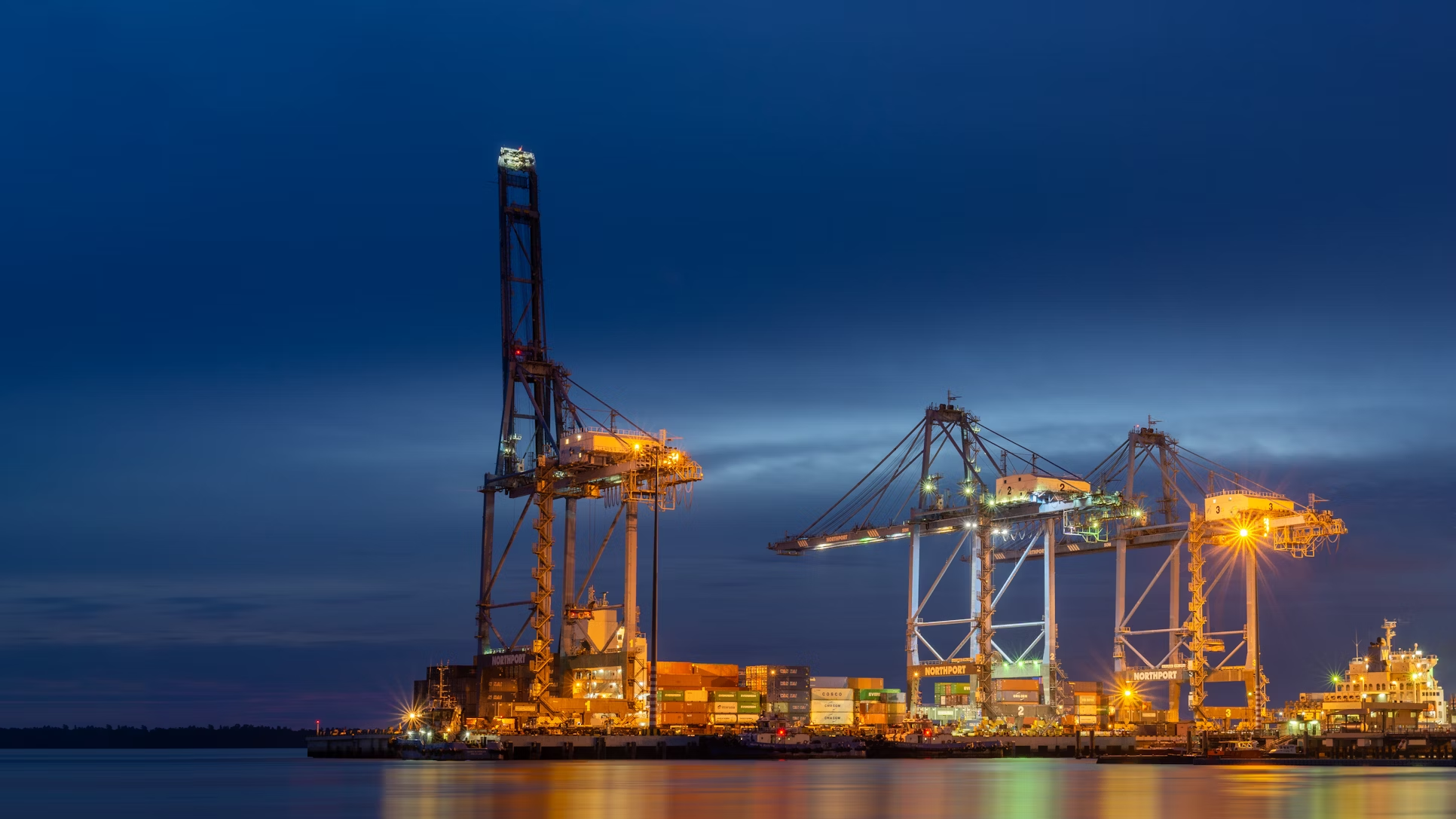
The Trump administration's sweeping tariff agenda, initially popularised as a pathway to American economic dominance, has descended into a series of retreats as reality collided with rhetoric. It began with a bombastic announcement of tariffs targeting virtually every nation on Earth, from major industrial powers to tiny island territories, evolving into a sequence of suspensions, carve-outs, and retractions that reflect the disconnect between the administration's agenda and the reality of global economic interdependencies. Most recently, Chinese vessels facing proposed port fees of up to $1.5 million per call have instead received a significantly watered-down plan with phased-in charges after what Reuters described as "a tsunami of opposition from the global maritime industry". Even loyal allies like Japan, which was slapped with a 24% tariff alongside a 25% levy on automobiles, and the European Union have forced President Trump's hand, leading to humiliating 90-day suspensions of previously announced measures due to overwhelming stress in the bond market, stock markets and diplomatic backlash.
The Middle East is perhaps the most glaring example of the administration's strategic miscalculation, where key U.S. security partners have suffered disproportionate harm from tariffs that seem to ignore decades of political cooperation. Jordan, the only country in the Middle East whose trade with the U.S. exceeds its trade with China, faced a staggering 20% tariff despite a longstanding free trade agreement. Egypt, a critical regional stability partner, saw its currency slide over 2% after tariffs were imposed, worsening its inflation problem that was already above 20%. As Abdullah Hayek noted in The Hill, "For two nations that have aligned themselves with U.S. strategic objectives, hosted American troops, signed peace treaties with Israel and acted as key intermediaries in regional stability, the blow was both economic and symbolic." Meanwhile, the conspicuous exclusion of Russia from the tariff list, officially explained as due to existing sanctions, though the U.S. still trades more with Russia than with many smaller nations that did make the list, has raised suspicion about the consistency of the administration's approach.
Perhaps most telling is the president's own acknowledgement of policy overreach, with Trump recently admitting, "I don't want them (China) to go higher because at a certain point you make it where people don't buy," a reversal from Liberation Day's tariff talk. This retreat extends to the defence industry, where allies worldwide are now reconsidering their dependence on the U.S., though it is per their own directive, asking partners to take back their security burden financially. Portugal and Canada are reportedly re-evaluating purchases of American F-35 aircraft, while the European Union has established a €150 billion rearmament fund that could exclude U.S. companies from competing for contracts, with many reporting some European institutions' refusal to work with American banks in the financial industry. Similarly, in Asia, countries like Japan, South Korea, and Australia are boosting defence spending but may now look beyond American suppliers. As Dr Samir Puri of Chatham House concluded, "Countries in Europe and Asia will probably never make the same assumptions about the US's role in their security arrangements again," an unintended and unwelcome consequence of a trade policy that administration officials are privately acknowledging should never have been implemented in its original form.
Source: Reuters, CNBC
Photos: Unsplash
